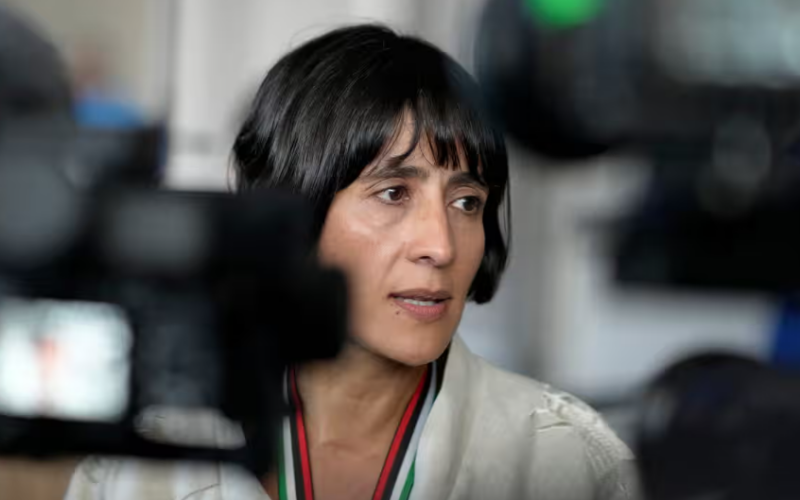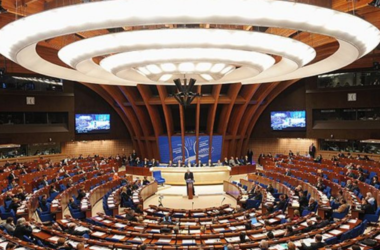Colombia is gearing up to spearhead the next phase of global biodiversity negotiations, vowing to place nature at the forefront of international environmental discussions. With preparations underway for the upcoming Cop16 summit, Colombia’s environment minister, Susana Muhamad, emphasized the country’s commitment to ensuring that nature remains a central focus of the global environmental agenda.
Muhamad, who is anticipated to preside over Cop16, outlined Colombia’s strategy to elevate the role of nature in international environmental deliberations leading up to Cop30 in 2025. She stressed the importance of integrating nature conservation efforts into broader climate action initiatives, underscoring nature’s pivotal role in addressing the climate crisis.
“In our journey towards Cop30 in Brazil, we recognize that nature serves as a crucial pillar in combating the climate crisis,” Muhamad stated, highlighting the interconnectedness between biodiversity conservation and climate resilience. “Our aim is to consolidate nature as a cornerstone of global environmental discussions, paving the way for tangible actions to safeguard our planet.”
Colombia’s commitment to prioritizing nature conservation aligns with its ambitious agenda for Cop16, set to take place in Cali, Colombia, later this year. As the first biodiversity summit following the landmark UN agreement to halt biodiversity loss, Cop16 holds significant importance in shaping global conservation efforts. Governments convening in Cali are expected to present national-level strategies to achieve biodiversity targets, including commitments to protect and restore significant portions of land and sea ecosystems.
“We are determined to negotiate stronger recognition and financial support for megadiverse countries, which harbor a disproportionate share of Earth’s biodiversity,” Muhamad affirmed, emphasizing the need for equitable global cooperation in biodiversity conservation.
Colombia’s role as an environmental advocate has been increasingly prominent on the world stage. President Gustavo Petro’s endorsement of a fossil fuel nonproliferation treaty at Cop28 underscored Colombia’s commitment to transitioning towards a more sustainable, nature-centered economic model. This shift aligns with Colombia’s vision of leveraging its biodiversity wealth as a cornerstone of future economic development.
David Cooper, acting executive secretary for the UN Convention on Biological Diversity, lauded Colombia’s leadership in environmental stewardship and expressed confidence in the country’s ability to steer Cop16 towards meaningful outcomes. However, he also cautioned against challenges posed by protests against environmental policies, emphasizing the need for political leaders to prioritize biodiversity conservation and sustainable agriculture.
As Colombia assumes a pivotal role in advancing global environmental negotiations, the international community looks to Cop16 as a critical juncture for accelerating action towards achieving biodiversity targets and safeguarding the planet’s natural heritage.








